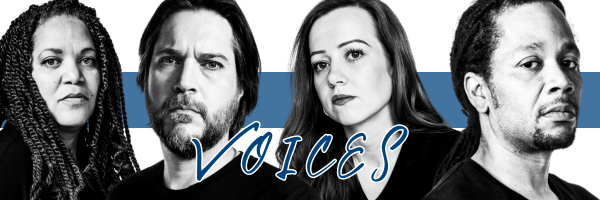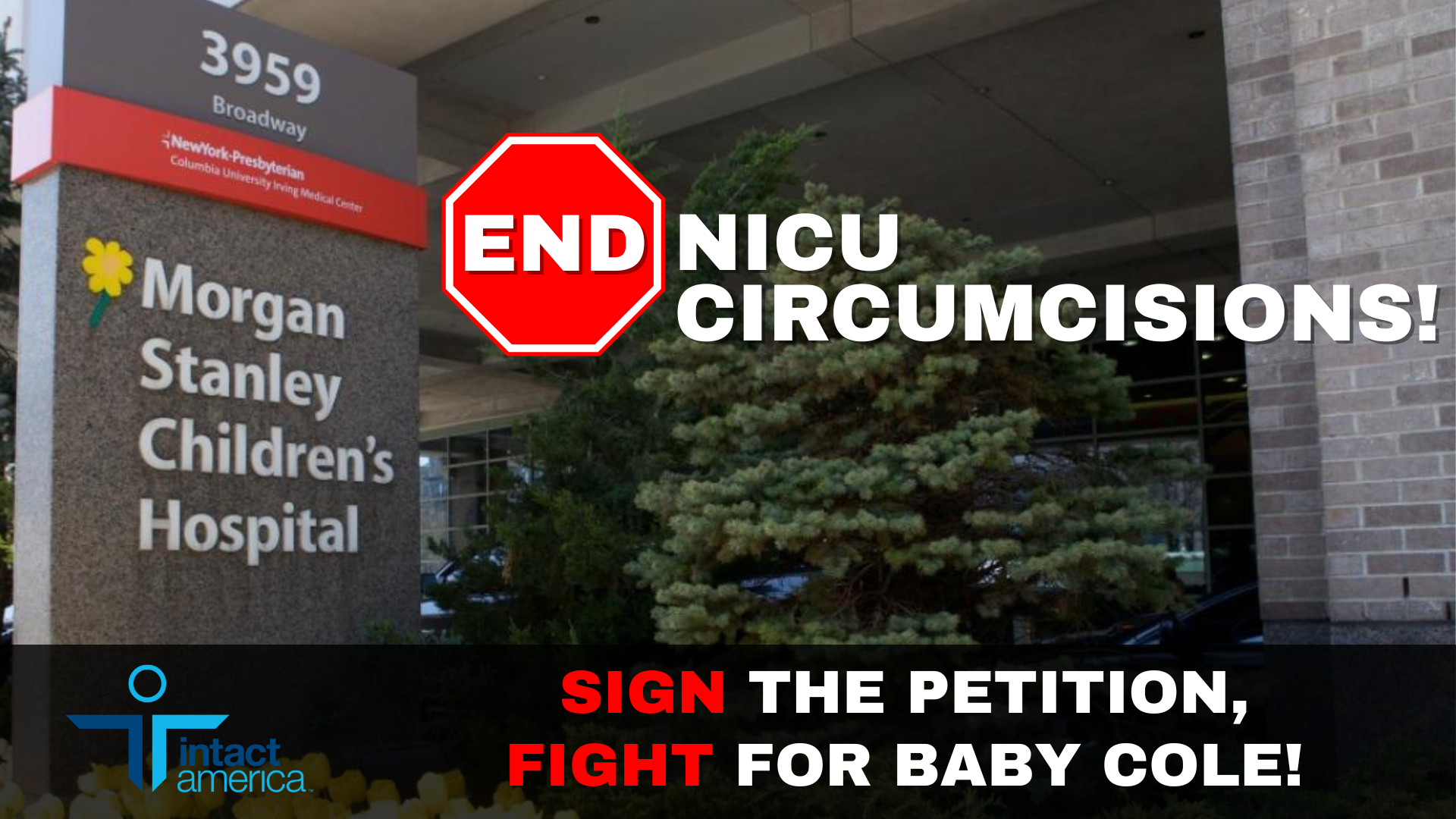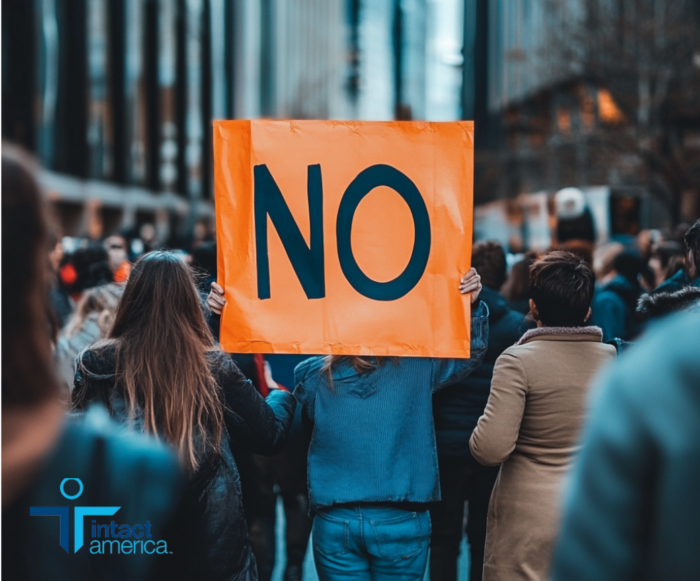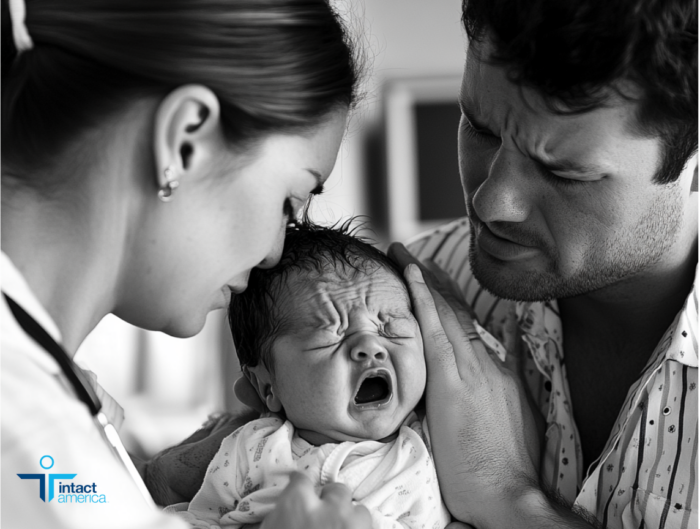
I was nine and a half years old when I was circumcised. It was an extremely painful experience, emotionally and physically, and I’ve carried the pain of that experience with me my whole life. I was old enough at the time that my memory of it is traumatizing to recall. It was horrible.
I am a Muslim, and circumcision is compulsory. There is no way out of it. It should have been done earlier, but my parents were always very busy with farming and delayed it. Finally, at the end of the fourth grade, my brother took me to the hospital. It was a public hospital that charged very little for the procedure.
My penis became erect before the procedure began. Nevertheless, the doctor went ahead and injected the anesthetic into my erect penis to numb the area, and I heard people in the operation theater commenting on the erection. Doing the circumcision while the penis was erect caused degloving, an additional injury that tore a large portion of the skin from the underlying attachments.
After the circumcision was done, I was discharged, but soon after I got home, the surgical site started to bleed. I had to go back to the hospital for more stitches. The anesthetic I was given didn’t work, and the pain was excruciating. The doctor couldn’t understand why I was reacting in pain.
The new stitches he applied left a permanent lump on the side of my penis. For eight weeks, it was so painful that I did not wear pants or underwear, only a cloth wrapped around it. I had to hold my penis while walking because it hurt so much. It took an unusually long time to heal, and I remember going to see a doctor at his home for a follow-up examination for that reason.
For four years, I couldn’t wear underwear because of the painful chafing. It wasn’t until I was 13 and entered high school that I finally was able. Still, after all these years, I can only wear very soft cotton underwear because of the continued chafing.
I’m 53 years old now. My penis is scarred, and it’s not normal looking. I still feel awkward when I’m naked. All these years later, I still feel self-conscious and incomplete during sex. I have always felt that part of my body is missing and that I’ve been robbed of the pleasures and protection that a foreskin would provide.
I have two daughters and I wonder: If I had a boy, would I be able to have him circumcised? My religion requires it, but I can’t ignore the trauma of my own experience. We have progressed so much as humanity, but we still blindly follow religious customs after hundreds or thousands of years without thinking and questioning the rationality. I am unable to talk to anyone about this because of the religious beliefs of my culture. People are not able to comprehend why this procedure is so unjust.
I’m soon to become a grandfather as my elder daughter is expecting a baby boy. I’m afraid just to think that he will be cut in his early life.
— Inayat Hussain
Interested in lending your voice? Send us an email, giving us a brief summary of what you would like to write about, and we will get back to you.








Robert Clover Johnson
May 17, 2024 3:47 pmWhat a horrendous violation of your physical and sexual integrity! You certainly have my sympathy! I’m 79 years old and still suffer daily from my circumcision, even though mine was considered “normal.” No circumcision is normal. All circmcisions, in my opinion, are a mistake. Thank you so much for sharing!
Inayat Hussain
May 23, 2024 3:40 amThank you very much for your sympathy and comments. Yes, you are right no circumcision is considered normal. My grandson was circumcised after one month of birth and I could not even go and see him for a while. I feel so angry and helpless.
Georganne Chapin
July 5, 2024 12:24 pmI truly appreciate this conversation. Thank you, Robert and Inayat.